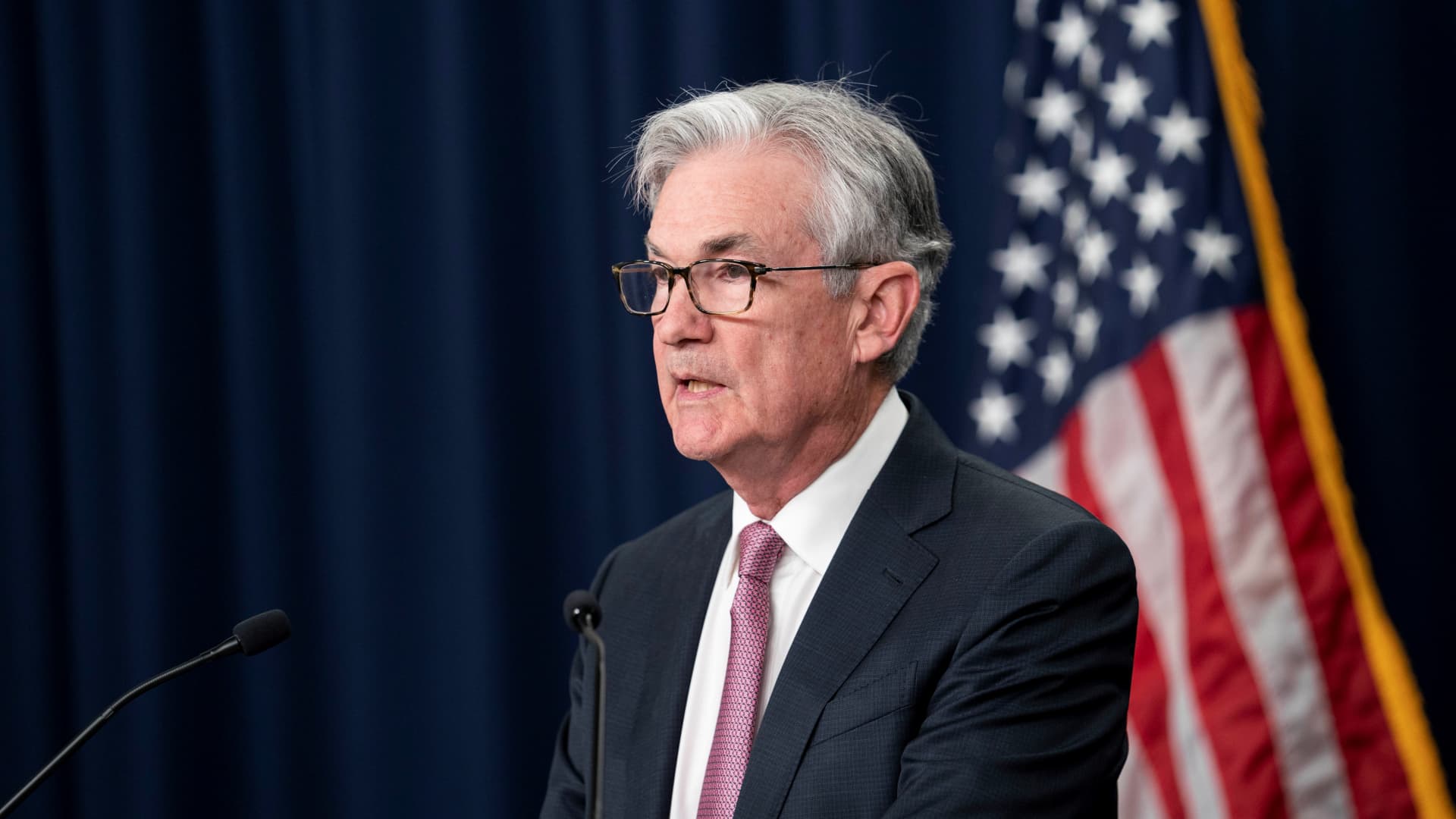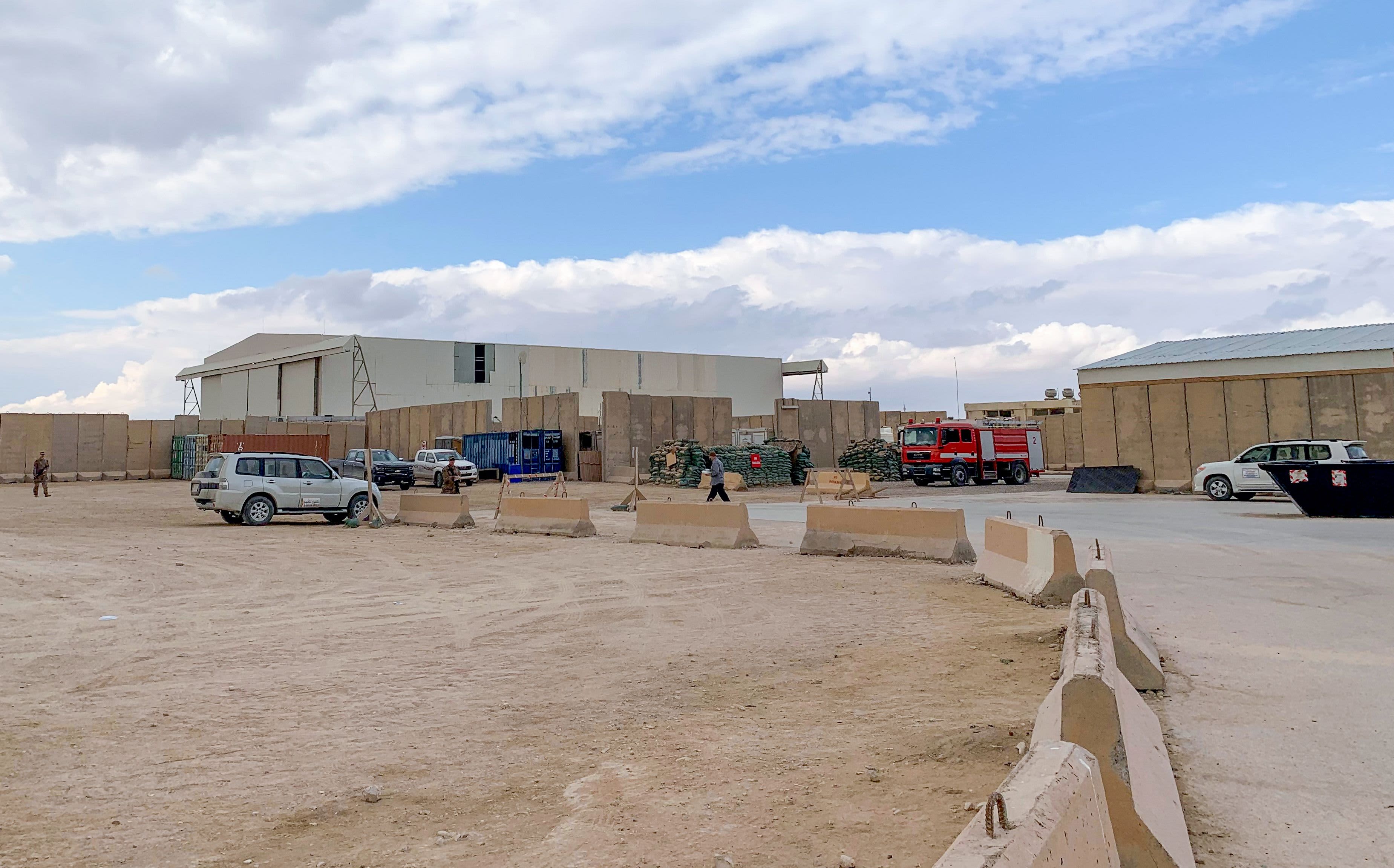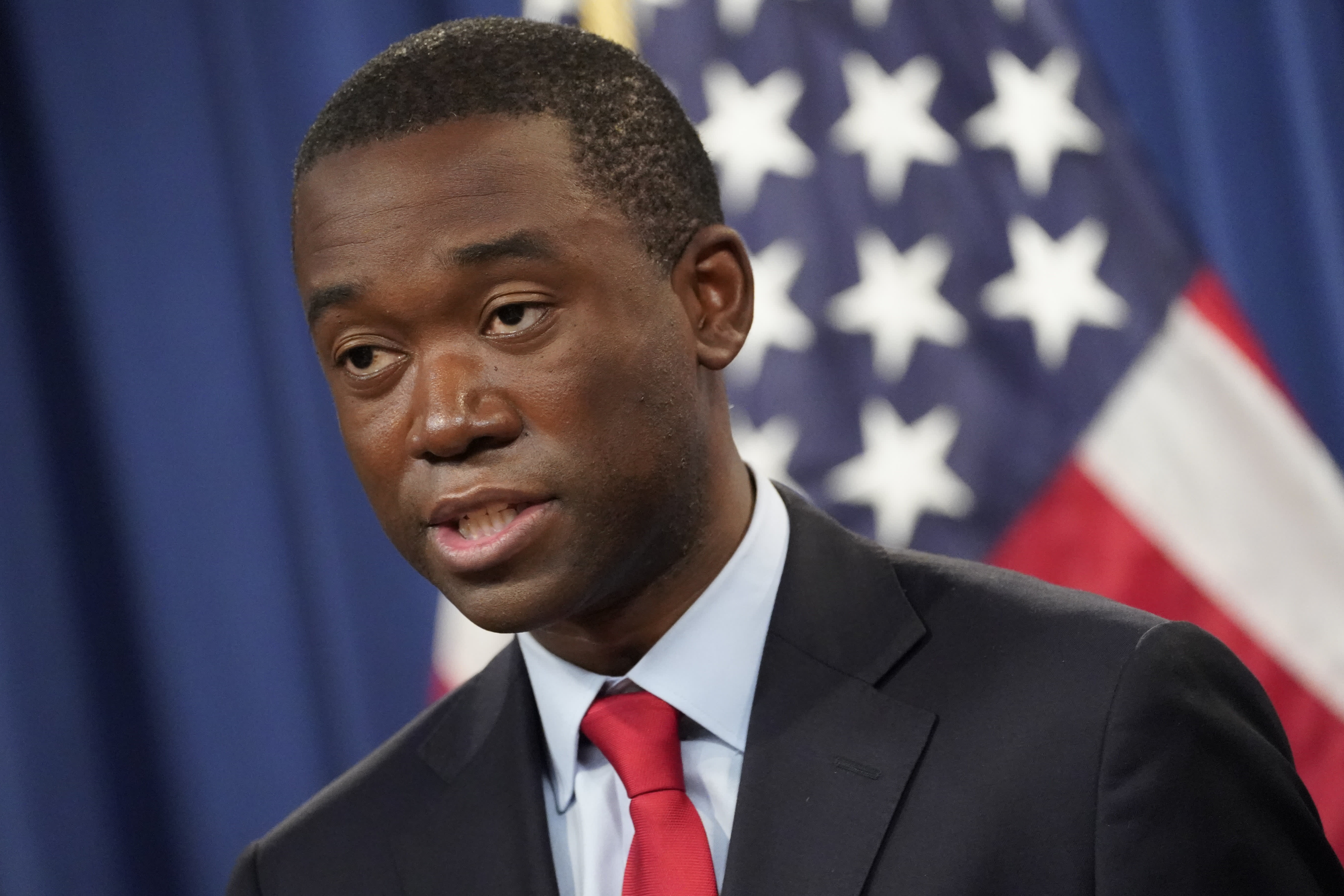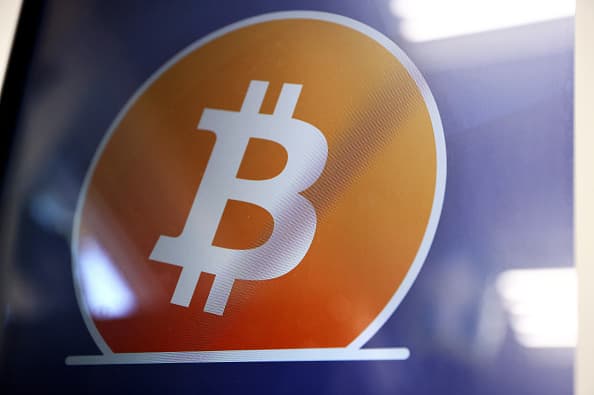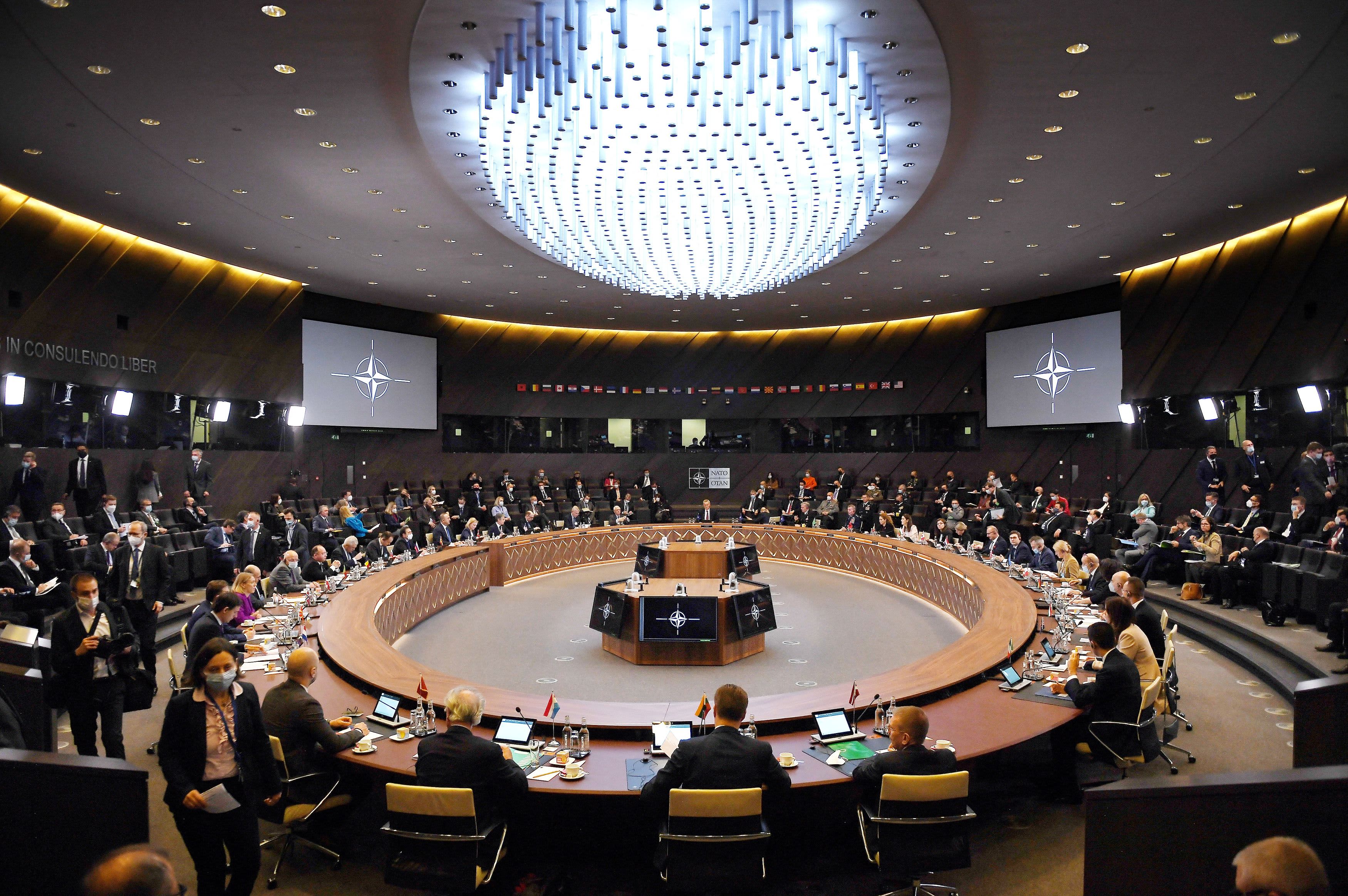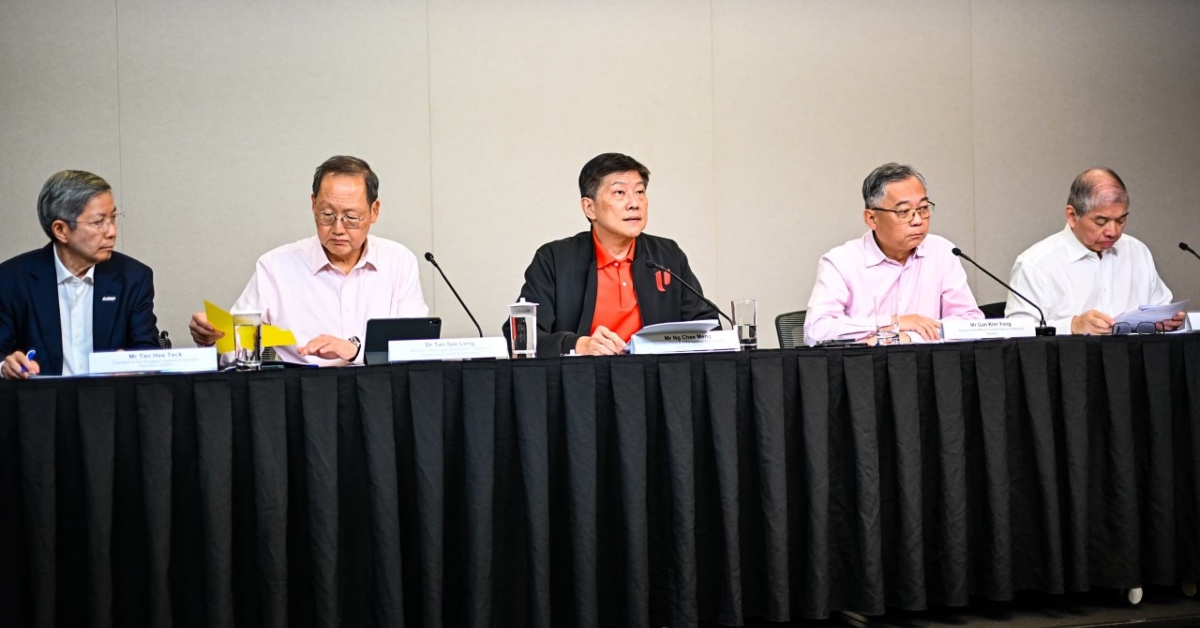South Korean won falls, but is off lows amid political chaos in country
South Korea's won on Tuesday cut losses after the country's parliament swiftly passed a resolution to demand the lifting of martial law.

A television screen shows a news broadcasting of South Korean President Yoon Suk Yeol delivering a speech on emergency martial law, in Goyang, northwest of Seoul, on December 3, 2024.
Jung Yeon-je | Afp | Getty Images
South Korea's won cut losses against the U.S. dollar after President Yoon Suk Yeol said he would lift the country's first martial law order in more than four decades.
The won was last trading 0.09% lower at 1,416.31 against the greenback, having depreciated to 1,444.93 on Tuesday — its weakest level since October 2022, according to LSEG data.
Yoon's announcement to end martial law came after parliament swiftly rejected his declaration. The country's currency notched a fresh two-year low against the U.S. dollar after Yoon's initial decision that the country would go under martial law, which refers to the temporary imposition of military authority over a civilian population and is typically seen during a time of emergency.
Yoon accused opposition lawmakers of controlling the parliament and throwing the country into a political crisis. The move, which hasn't been imposed in Asia's fourth-largest economy since 1980, was sharply criticized by opposition lawmakers.
U.S. dollar/Korean won foreign exchange spot rate.
Yoon's conservative People Power Party and has been deadlocked in negotiations with the liberal opposition Democratic Party over the 2025 budget bill.
The 63-year-old assumed office in May 2022 shortly after winning the presidential election by the narrowest margin in the country's history. His foreign policy has been dominated by a hard-line stance on North Korea, while Yoon has also sought to strengthen ties with the U.S. and Japan.
Exchange-traded funds and U.S.-listed shares of Korean-based firms tumbled on Tuesday, before staging a recovery after the country's parliament voted to lift martial law.
South Korea's Kospi index fell 1.8% on Wednesday while the Kosdaq dropped 2%, with several major stocks declining.
Shares of chipmaker Samsung Electronics dropped nearly 1%, while battery-maker LG Energy Solution and automaker Hyundai Motor shed 2.8% and 2.4%, respectively.


 KickT
KickT 









